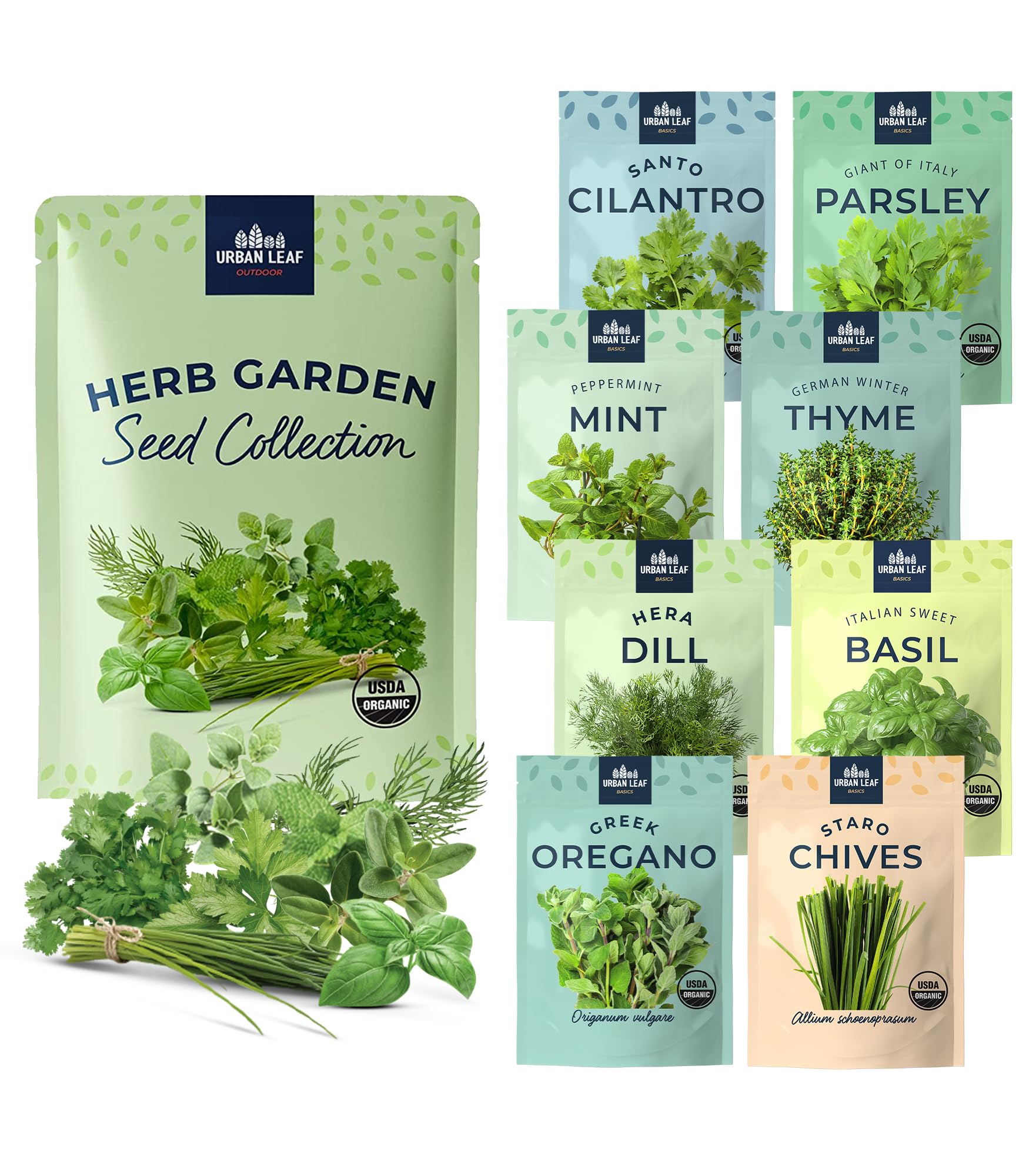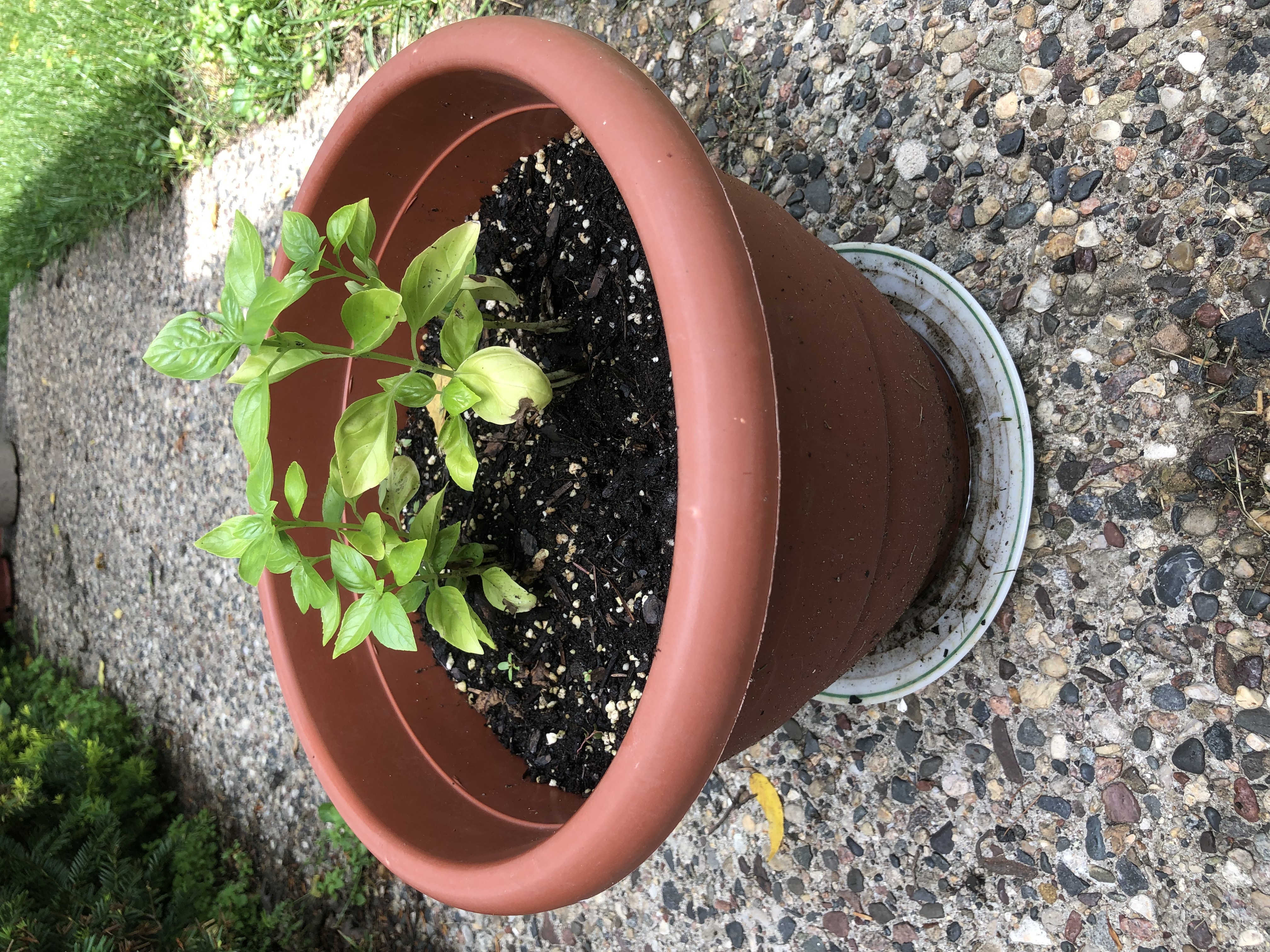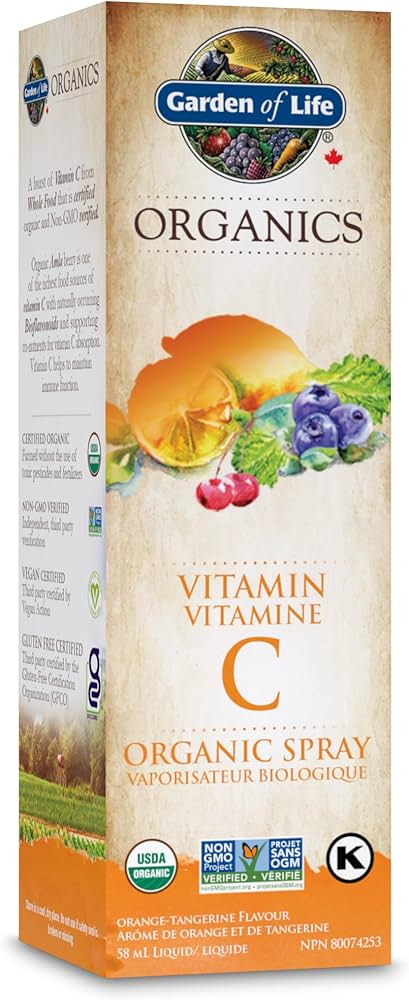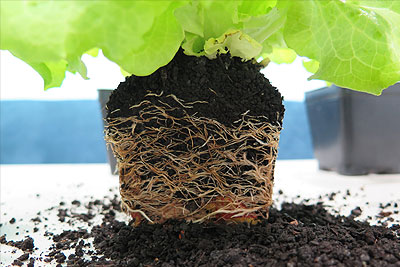Choosing the Best Organic Fertilizer for Thriving Container Gardens. Discover how To choose The best organic fertilizer for your container garden! Boost plant growth naturally with easy tips for healthier, thriving plants.
What is Choosing The Best Organic Fertilizer for Thriving Container Gardens & how does it work?
Selecting optimal organic fertilizer promotes robust growth. Nutrients nourish plants, aiding strong development. Microorganisms enrich soil, creating friendly ecosystems. These elements enhance soil structure, enabling plant roots access essential elements. Understanding best fertilizers ensures ample nourishment throughout growth cycles.

Brief history of Choosing The Best Organic Fertilizer for Thriving Container Gardens
Organic gardening gained prominence in early 20th century. Initial practices revolved around composting & crop rotation. Over decades, awareness grew regarding synthetic fertilizers’ impacts. With environmental concerns rising, organic methods became preferred. Today, gardeners seek natural solutions for sustainable gardening.
How To implement Choosing The Best Organic Fertilizer for Thriving Container Gardens effectively
Begin by assessing soil types & nutrient needs. Evening out pH levels aids nutrient absorption. Refer To local guidelines regarding soil testing. Once results arrive, select appropriate fertilizers. Apply according To manufacturer recommendations for optimal results.
Key benefits of using Choosing The Best Organic Fertilizer for Thriving Container Gardens
Utilizing organic fertilizers produces numerous benefits. Improved soil health fosters long-term growth. Plants become resilient against pests & diseases. Organic methods support beneficial organisms. Sustainable practices enhance biodiversity in garden ecosystems. Better flavor develops in homegrown produce, too.
Challenges with Choosing The Best Organic Fertilizer for Thriving Container Gardens & potential solutions
Many face challenges when selecting organic fertilizers. Availability might restrict access for some gardeners. Learning curve exists regarding application & timing. Properly understanding different brands can overwhelm newcomers. Researching solutions before purchase ensures informed decisions.
Future of Choosing The Best Organic Fertilizer for Thriving Container Gardens
Expect advancements in organic fertilization methods. Innovations in technology promote efficient nutrient delivery. Sustainable practices will gain traction among communities. Collaborative efforts will enhance shared knowledge & experiences. Continuous research will drive organic gardening forward effectively, ensuring thriving gardens.

Understanding Organic Fertilizers
Organic fertilizers play a vital role in nurturing plants. They provide necessary nutrients while enhancing soil health. Unlike chemical options, organic choices support sustainable growing practices.
My personal journey with organic gardening began many years ago. I experimented with various fertilizers, searching for an ideal solution. Through this exploration, I became familiar with how different fertilizers affect plant growth.
Many gardeners question whether organic fertilizers truly work. Discussions on platforms like Reddit often highlight various success stories. These insights can guide selections for effective fertilizers.
Types of Organic Fertilizers
Different types exist, each catering specific needs. Understanding these types helps in selecting appropriate options for container gardens. Generally, organic fertilizers fall into two categories: slow-release & fast-release.
Slow-release fertilizers gradually provide nutrients over time. This gradual feeding allows for better nutrient absorption. Examples include compost, aged manure, & bone meal.
Fast-release fertilizers, on other hand, deliver nutrients immediately. They are beneficial for quick-growing plants in need for prompt nourishment. Options include liquid seaweed & fish emulsion.
Choosing Based on Nutrition Needs
Nutrient needs vary significantly across plants. Container gardens, particularly, require precise balance. Key nutrients include nitrogen, phosphorus, & potassium, commonly referred as NPK.
Understanding specific plant needs aids in selecting appropriate fertilizers. Leafy greens typically thrive on high nitrogen content. Meanwhile, flowering plants benefit from balanced or high phosphorus options.
Conducting a soil test could offer insights into nutritional status. This knowledge allows for more informed choices. Many gardeners overlook this step, yet it holds substantial importance.
Features of Top Organic Fertilizers
- 🌱 Natural ingredients
- 💧 Slow-release option
- 🌼 Promotes microbial life
- 🔄 Improves soil structure
- 🐝 Safe for beneficial insects
- 🍃 Enhance moisture retention
- 🌿 Non-toxic properties
Local Availability & Sourcing
Accessibility plays an important role in fertilizer choice. Locally sourced organic fertilizers often undergo rigorous testing. This ensures that products meet high-quality standards favorable for plants.
Many garden centers stock a variety of organic options. Online retailers also provide an extensive selection. Comparing prices & ingredients before making a decision helps in budget management.
Farmers’ markets & local co-ops may offer unique choices. Engaging with local communities can provide valuable insights regarding quality. This information often leads To discovering tried-&-tested products.
Application Techniques for Container Gardens
Correct application techniques amplify benefits of organic fertilizers. Proper timing & technique ensure plants receive adequate nourishment. Over-fertilization often causes plant stress & nutrient burn.
Watering before & after applying fertilizer promotes absorption. Applying fertilizers during early mornings or late afternoons also maximizes effectiveness. Concentrating on root zones rather than covering entire surface yields better results.
Usually, following package instructions ensures appropriate usage. Adjusting frequencies based on plant response can optimize overall growth. Monitoring plants allows for signs of deficiency or excess To be promptly addressed.
Environmental Considerations
Choosing organic fertilizers aligns with eco-friendly gardening practices. These fertilizers contribute towards sustaining biodiversity & wildlife health. They minimize chemical runoff that can lead To water pollution.
Going organic encourages earthworm activity & improves overall soil structure. Healthier soil promotes robust plant growth, creating a harmonious garden environment. These practices benefit not just individual gardens but ecosystems as well.
Incorporating organic fertilizers adds resilience against pest pressures too. Plants fortified with nutritional support often build natural defenses. This reduces reliance on chemical pesticides & promotes sustainable gardening habits.
Maintaining Container Garden Health
A healthy garden thrives on consistency. Regular monitoring of plant health, soil moisture, & nutrient levels are crucial for success. Observing changes allows gardeners To make necessary adjustments promptly.
Also, rotating crops within containers helps in disease prevention. This practice enhances soil health by breaking pest cycles. Companion planting further improves nutrient availability & pest management.
Integrating organic mulch into container gardens adds additional benefits. Mulch conserves moisture while suppressing weeds. Organic materials gradually break down, enriching soil health over time.
Cost-Effective Organic Fertilizers
Budget considerations often influence fertilizer choices. Investing in larger quantities typically reduces overall costs. Many gardeners find sourcing bulk organic materials beneficial.
Homemade fertilizers provide an economical alternative. Utilizing kitchen scraps, grass clippings, & compost can significantly enhance garden health. Many successful gardeners report noticeable improvements from these methods.
Researching local community gardens can yield great insights. Often, these organizations lead workshops on organic gardening practices including cost-effective techniques. Participating can enhance knowledge while fostering community connections.
Long-Term Benefits of Organic Gardening
The long-term advantages of organic gardening cannot be ignored. Healthier soil leads To stronger & more disease-resistant plants. This environmental harmony often results in improved yields over time.
Additionally, organic practices promote sustainable lifestyles. Growing one’s own food fosters independence & connects individuals closer with nature. People who embrace these practices often report increased satisfaction & fulfillment.
Targeting nutrients more precisely means improvement in flavor & nutritional value. Plants nurtured organically typically showcase enhanced taste profiles. Ultimately, this leads To higher quality produce ready for enjoyment.
Final Thoughts on Organic Fertilization
Integrating organic fertilization into container gardening enriches experiences. Such methods nurture vibrant plants, promote healthier soils, & support sustainable practices. Engaging deeply with these practices can transform your garden into a thriving, flourishing ecosystem.
Exploring various options can enhance your overall gardening success. Understanding which organic fertilizers best suit specific needs encourages informed choices. Sustainable growing remains a rewarding journey worth pursuing.
Ultimately, each container garden thrives on personalized attention & care. Regular assessments & adjustments lead To fruitful outcomes. Embracing a holistic approach towards fertilization yields both environmental & personal benefits.
BEST Organic Fertilizer for Container Gardens
Choosing the Best Organic Fertilizer for Thriving Container Gardens BEST Organic Fertilizer for Container Gardens Choosing the Best Organic Fertilizer for Thriving Container Gardens
Understanding Organic Fertilizers
Organic fertilizers come from natural sources. They provide nutrients for plants in a slow, steady manner. These fertilizers improve soil health & structure as well. Many gardeners prefer organic options because they promote sustainable gardening practices.
Nutrients from organic fertilizers enhance plant growth. Benefits include enhanced microbial activity in soil. This helps in breaking down organic matter & making nutrients available. Using organic options can lead To healthier plants & a richer container garden.
Choosing organic fertilizers means considering various factors. Different plants have unique nutrient requirements. Understanding these needs ensures gardeners select appropriate organic solutions.
Types of Organic Fertilizers
Many types of organic fertilizers exist. Common types include compost, manure, bone meal, & fish emulsion. Each type offers different nutrient profiles suited for specific plants.
Compost provides a well-rounded nutrient source. It improves soil structure, retains moisture, & introduces beneficial microorganisms. Manure, while nutrient-rich, must be aged or composted for safety. Bone meal supplies phosphorus, promoting root & flower development.
Fish emulsion offers a balanced nutrient solution. It’s rich in nitrogen & beneficial organisms. Many gardeners use it for fast-acting results, ideal for immediate plant needs.
Choosing Right Fertilizer for Your Plants
Each plant type requires specific nutrients. For instance, flowering plants benefit from high phosphorus. Leafy greens thrive on nitrogen-rich fertilizers. Understanding your plants’ needs helps guide your choices.
Adjusting for container gardens adds another layer of consideration. Container soil can deplete nutrients quickly. Regular fertilization helps maintain healthy plants. A soil test can provide valuable insight into nutrient deficiencies.
Check resources for guidance. For example, this guide offers essential information about fertilizing container plants.
Application Techniques for Fertilizers
Proper application maximizes fertilizer effectiveness. Timing & method play vital roles. Fertilizers can be applied at planting, during growth, or as a foliar spray.
Granular fertilizers work well for slow release. Mix them within soil before planting. Liquid fertilizers provide quick nourishment during active growth. Diluting these options ensures even distribution.
Spraying fertilizers directly on leaves absorbs nutrients quickly. Watering first prevents leaf burn. Always monitor weather conditions before applying fertilizers To avoid runoff & waste.
Factors Influencing Fertilizer Choices
Selecting organic fertilizers considers several factors. First, consider your plants. Next, assess your soil type & its current nutrient levels. Finally, think about environmental conditions & how they might affect your garden.
Different plants have varied requirements. For example, tomatoes require more potassium, while leafy greens thrive on nitrogen. Always read plant tags for specific needs.
Soil management also influences choices. Healthy soil will increase nutrient retention, while unhealthy soil may require additional amendments. For healthy container gardening practices, visit this resource for further tips.
Organic Fertilizer Comparisons
| Fertilizer Type | Nutrients | Release Rate | Application Ease | Tastiness for Plants 🍅 |
|---|---|---|---|---|
| Compost | Varied | Slow | Moderate | 🥗 |
| Fish Emulsion | Nitrogen | Fast | Easy | 🥒 |
| Bone Meal | Phosphorus | Slow | Moderate | 🌺 |
Personal Experience with Organic Fertilizers
I once struggled with container gardening. My plants lacked vigor & growth. After researching organic fertilizers, I switched my approach. Using a balanced compost & fish emulsion made a noticeable difference. My plants thrived & bloomed beautifully. Now, I enjoy vibrant flowers every season!
Maintaining a Balanced Approach
Balance your organic fertilizer use for optimal health. Over-fertilizing can cause plants stress & harm growth. Always follow recommended application rates. Consider seasonal changes as they can affect nutrient needs.
Always monitor plant health closely. Look for signs of nutrient deficiency, such as yellowing leaves. Adjust your fertilization schedule as needed based on plant responses.
Good practices include testing soil regularly. This helps determine nutrient levels & soil pH. Gardening success comes from combining knowledge & experience.
Long-Term Considerations
When using organic fertilizers, consider long-term impacts. Sustainable farming practices benefit your garden & environment. Rotating crops helps maintain soil health.
Companion planting enhances nutrient use efficiency. Some plants improve others’ growth & nutrient absorption. Taking a holistic approach yields happier, healthier gardens.
Building a strong soil foundation supports future growth. Adding organic materials regularly feeds soil microorganisms. A thriving ecosystem leads To better gardening successes.

What are The benefits of using organic fertilizer for container gardening?
Organic fertilizers enhance soil structure, improve moisture retention, & provide essential nutrients through natural processes. They promote microbial activity, leading To healthier plant growth & increased yield without The risk of chemical buildup.
What types of organic fertilizers are suitable for container gardening?
Common types include compost, vermicompost, fish emulsion, bone meal, & seaweed extract. These fertilizers offer different nutrients & can be used depending on The specific needs of your plants.
How often should I apply organic fertilizer To my container plants?
The frequency of application depends on The type of organic fertilizer used. Generally, applying every 4 To 6 weeks during The growing season is recommended, but follow The instructions specific To The product chosen.
Can I make my own organic fertilizer for container gardening?
Yes, you can create homemade organic fertilizers using kitchen scraps like fruit & vegetable peels, coffee grounds, or eggshells. Composting these materials can result in a nutrient-rich mixture that benefits container plants.
What is The difference between organic & synthetic fertilizers for container gardening?
Organic fertilizers are derived from natural sources & improve soil health over time, while synthetic fertilizers contain chemical nutrients that provide quick but potentially harmful effects. Organics promote long-term fertility & sustainability.
How do I know if my container plants need fertilizer?
Signs of nutrient deficiency include yellowing leaves, stunted growth, & poor flowering. If your plants show these symptoms, it may be time To feed them with organic fertilizer.
Can organic fertilizers burn my container plants?
Organic fertilizers have a lower risk of burning plants compared To synthetic ones due To their slow-release nature. However, over-application can still lead To nutrient imbalances, so always follow recommended guidelines.
Are there any specific organic fertilizers for flowering plants in containers?
Yes, fertilizers high in phosphorus, like bone meal or certain types of fish emulsion, can promote flowering. Always choose an organic option that meets The nutritional needs of flowering plants.
Is it beneficial To mix different types of organic fertilizers for container gardening?
Mixing different organic fertilizers can be beneficial, as it allows you To provide a broader range of nutrients To your plants. However, be cautious not To over-fertilize & To match The specific needs of your plants.
Should I use liquid or granular organic fertilizers for container gardening?
Both liquid & granular organic fertilizers have their benefits. Liquid fertilizers offer quick nutrient uptake, while granular types provide slow-release nutrients over time. The choice depends on your gardening style & plant requirements.
Conclusion
Choosing The right organic fertilizer is essential for a thriving container garden. It’s all about giving your plants The nutrients they need To grow strong & healthy. Remember To look for fertilizers that are balanced & rich in natural ingredients. Don’t forget To follow The instructions on The packaging – less is often more! Keep an eye on your plants & adjust your feeding as needed.

With The right care & attention, your container garden can flourish beautifully. So, roll up your sleeves, start experimenting, & enjoy The satisfaction of watching your plants thrive with organic goodness!
